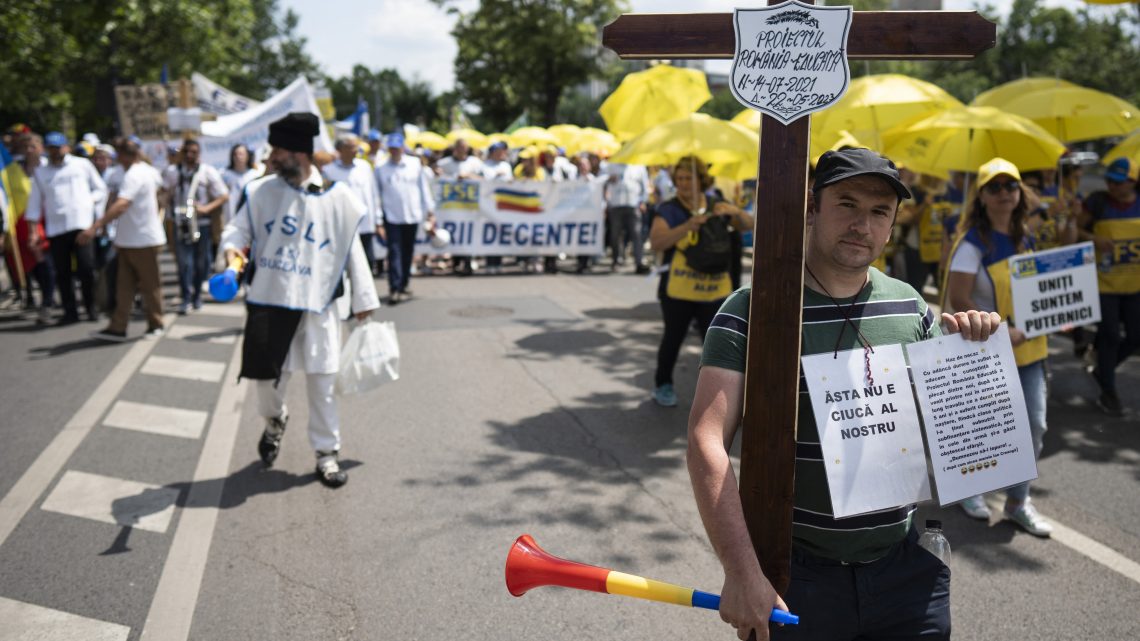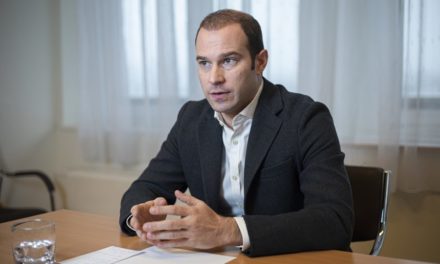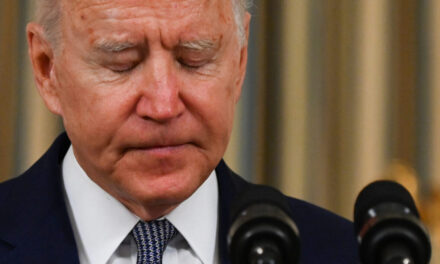Our favorite Hungarian opposition likes to portray Hungarian public education as the world's weakest attempt to tame our youth, or the more bloody-minded see it as Orbán's satanic plan to keep the god-given sheep under control, because those who are kept in their stupidity can be influenced. Unfortunately, we have some bad news: education is nowhere where different world and political views can rest, something is definitely not good for someone, the word teacher has become synonymous with underpayment. Here is a small overview of the international education scene, where the events are certainly taking place.
High school students in Israel finished the academic year without certificates and year-end due to teachers' protests
On Tuesday, 818,000 high school students in Israel finished the school year without a certificate or an end-of-year ceremony due to the protest action of high school teachers demanding a salary increase. The distribution of graduation certificates and graduation ceremonies were also canceled for graduates, the local press reported.
The teachers, following the instructions of Ran Erez, who heads their union, have only partially completed their work in recent weeks in order to enforce their demands.
Their goal is that the salary of a beginning teacher should be 12,000 shekels (more than HUF 1,130,000), and that the salary of teachers who have been teaching for a long time should be increased proportionally according to their years in the profession.
However, according to the Ministry of Finance, this amount exceeds the amount of other wage agreements signed in the public sector - reminded the news portal of the newspaper Jediót Ahronót, ynet.
The high school teachers' organization is also threatening to not start the next school year if their demands are not met.
Some of the 15-18-year-old students in the last three years of secondary school have barely been to school in recent weeks.
The secondary school teachers' organization announced restrictions on school work from mid-February, and these gradually expanded. In the beginning, they took turns holding work stoppages, and then stopped their extracurricular activities as well.
The money is too little, the work is too much - teachers are protesting in Austria as well
Austrian teachers protesting in Vienna drew attention to the crisis in the education system.
Austrian teachers protested .
According to them, not only personnel issues are urgent in the education system, but reforms are also needed in the fields of equal opportunities, the admission and acceptance of minorities, and administration.
Austrian teachers have basically "had enough": there are too few teachers, too little money, too much work and social challenges that cannot be ignored since the epidemic.
Austrian trade unions and educational organizations therefore now
they demand better learning and working conditions throughout the education sector.
According to a leaked draft law, daycare teachers are to be employed as teaching assistants in the future.
They have been planning the demonstration for two months, but they don't want this to be the end.
"There should be more actions in public spaces"
said one of the organizers. "This could be the beginning of a new movement." More actions are planned: on Monday, the daycare teachers in Carinthia will go on strike.
The teachers' strike has reached its goal, teachers' salaries are catching up in Romania
In the past weeks, the Romanian teaching unions came forward with a demand for a wage increase, and the majority of the 220,000 education workers first announced a warning strike, a general work stoppage from May 22. The unions are asking the government to raise wages by 25 percent and to adopt a law that guarantees that the salary of new teachers will be equal to the national gross average wage. (The net salary of career starters is currently HUF 180,000, while the national average net salary is HUF 300,000.)
The labor conflict worsened even more when the government indicated that it would be able to raise the wages of those working in education as soon as next year, and this year it would be able to provide teachers with a wage subsidy of 2,500 lei (1 lei 75 forints), intended as a "professional incentive", to be paid in only two installments. The teachers called this offer humiliating and stated that they would continue the strike.
After a three-week general strike, Romanian teachers' unions finally accepted the government's offer and ended the work stoppage last week.
In addition to the immediate, firefighter-type salary increase, it is also recorded that the teachers' salary scale will start at the national average salary.
They achieved that with effect from June 1, 2023, the basic salary of public and higher education teachers and teaching staff will increase by 1,300 gross monthly lei (approximately HUF 100,000). The monthly salary of support staff will increase by 400 lei gross (approx. HUF 28,000).
Specifically, the salary of a beginning teacher will increase from the current gross 4,098 lei (290,000 forints) to 5,400 lei (384,000 forints), which will include a 10 percent stress bonus, an additional 30 percent for instructors in more remote settlements, and an additional 15 percent for those who teach in prisons. Teachers who have been teaching for 10-15 years will receive a gross salary of 6,600 lei (470,000 forints), while those who have been working in the field for a quarter of a century will receive a gross salary of 8,500 lei (605,000 forints).
Source: Civilek.info / MTI / Mandiner / 24.hu
Cover image: Illustration / Romanian teacher strike / MIHAI BARBU / AFP













